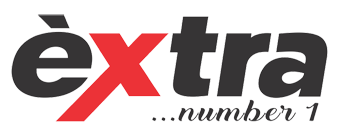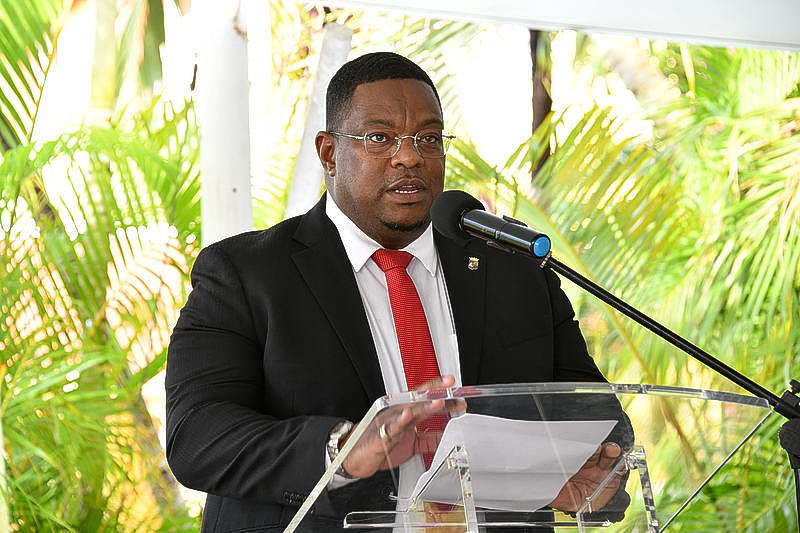WILLEMSTAD.- “It’s not that easy, that we decided to increase the administrative costs of debit transactions in gasoline, Diesel, water, and electricity tariffs,” said Minister of Economic Development Ruisandro Cijntje in an initial strong reaction to a situation that is becoming a growing concern for local companies and traders. The introduction of MasterCard and Visa debit cards results in an increase in the administrative costs of these debit cards of up to approximately 4.5 percent. Cijntje says he has also taken note of the concerns that are arising but points out that this is something the Central Bank, along with the Ministry of Finance, is addressing. If you sent a letter to the Minister of Finance expressing concern and seeking solutions to prevent the increase in administrative expenses from causing a rise in the cost of living in Curacao. At the same time, Cijntje indicates that this is about global developments and that small countries like Curacao can hardly compete against large international companies like MasterCard and Visa.
“Whether they accept them or tell you that you can’t use their machines, with the consequence that paying with their debit cards is not possible in Curacao. I don’t have all the technical details, but the fact is that everyone is moving towards the debit card payment system.”
The increase in administrative expenses is a headache for several large companies whose majority of customers use debit cards. It’s also a threat to the overall increase in product prices, as merchants say they can’t absorb these extra costs. There’s also a trend back to cash usage, with certain restaurants and shops already not accepting MasterCard and Visa debit cards. The same goes for purchasing electricity (Pagatinu), where customers are increasingly asked to pay in cash. Aqualectra’s chief financial officer indicated in a previous interview that if a solution isn’t found for the increase in debit card expenses, this will eventually be reflected in water and electricity tariffs one way or another. Meanwhile, some gas station owners, where a large number of debit cards are also used for payment, say that if a solution close to the BTP, which regulates gasoline and Diesel prices, isn’t found, they will request tariff adjustments due to increased administrative expenses.
Automatic payment
Another development in this field is that Pagomatiko, the online payment system with several service points in Curacao, might be halted. Several merchants offering this service said they received a letter from the MCB Bank, which developed the Pagomatiko service, indicating that the Pagomatiko service will stop in May. Extra has verified and received information from the bank indicating they are in discussions to find a solution and will communicate once it’s ready. A definitive decision has not been made yet. Without the Pagomatiko system, the bill payment service for water, electricity, internet, and telephone, for example, runs the risk of disappearing completely in Curacao, meaning there will be more cash usage with all the security implications this entails. The other available online payment service is Pagafasil, but according to merchants, the earnings from Pagafasil are minimal compared to Pagomatiko. It’s evident that, as mentioned, the introduction of MasterCard and Visa debit cards has led to an increase in the administrative expenses of these cards by approximately 4.5 percent. Therefore, merchants are not inclined to continue offering more online payment services because they are incurring losses; while debit card administrative expenses have increased, the earnings from online bill payment services are null.










